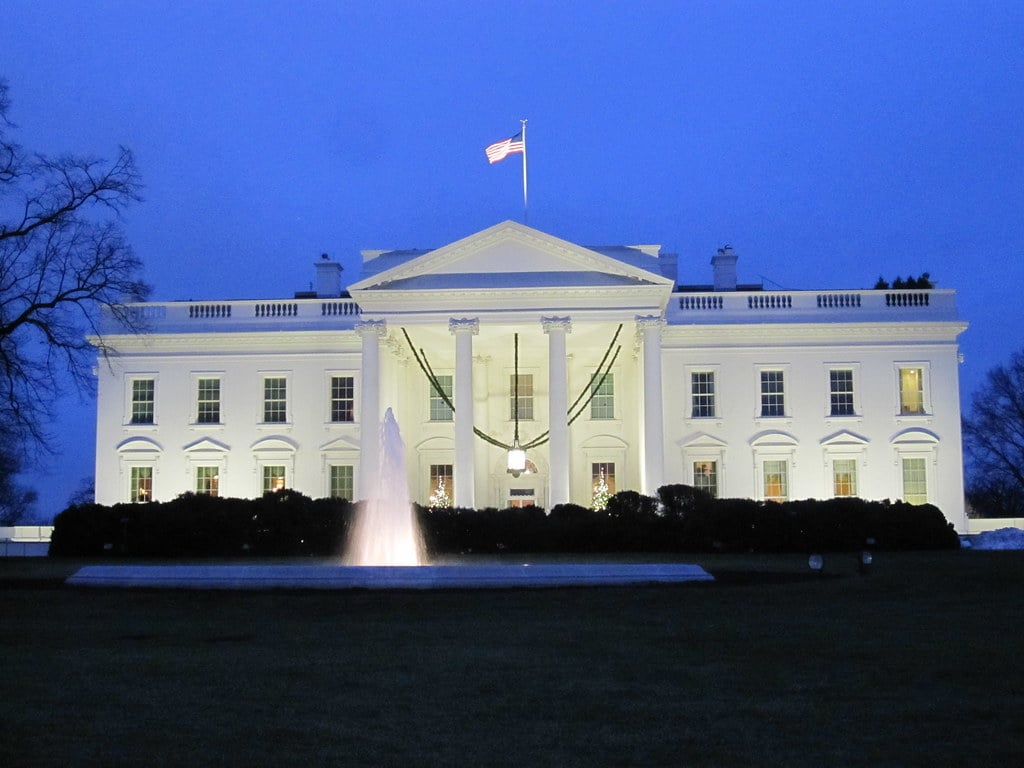Key Takeaways
• Michael Wolff says Jared Kushner’s peace plan serves his business gains.
• Kushner’s firm, Affinity Partners, counts Gulf royals as investors.
• Critics question if peace is a byproduct of profit.
• White House defends Kushner’s role as unpaid adviser.
• The debate could shape future Middle East talks.
How the Kushner Peace Plan Links to Business Deals
President Trump’s blueprint for peace in Gaza is known as the Kushner peace plan. However, a leading Trump biographer claims its real aim is money. On the Inside Trump’s Head podcast, Michael Wolff argued that Jared Kushner built this plan to enrich himself. He said Kushner “craves business opportunities in the Middle East.” Therefore, Wolff sees peace as a byproduct of profit for Kushner.
Who Is Jared Kushner and What Is His Role
Jared Kushner is an informal adviser to former President Trump. He never held an official title in the administration. Yet, he claimed top influence on the Middle East file. He worked on peace talks between Israel and Hamas. Meanwhile, he is the head of Affinity Partners, a private equity firm. This firm invests in American and Israeli firms in Gulf states. Significantly, its backers include Qatar, Saudi Arabia, and the United Arab Emirates.
Affinity Partners aims to grow American and Israeli businesses in the region. Thus, critics wonder if Kushner mixed his public role and private deals. They point out that peace would boost new investments. In turn, this could raise Kushner’s profits. Hence, they see a direct link between the Kushner peace plan and financial gain.
Allegations from Michael Wolff
Michael Wolff laid out his case in clear terms. He said Kushner wants deeper ties with powerful Gulf royals. Moreover, peace projects open doors to big contracts. Wolff argued that these contracts feed Kushner’s wealth.
He also highlighted the role of Steve Witkoff, a real estate developer and special envoy. According to Wolff, they both tapped their Gulf connections to broker the deal. “The Qataris will pressure Hamas,” he noted. “In return, Kushner asks President Trump to pressure Israel’s prime minister.” This push, Wolff believes, drove Trump to threaten to halt U.S. support for Israel if Bibi Netanyahu rejected the plan.
Political Pushback and White House Response
The White House rejects any claims of conflict of interest. Press Secretary Karoline Leavitt called the accusations “despicable.” She praised Kushner as “widely respected around the world.” Moreover, she defended his detailed 20-point peace plan as unprecedented.
Leavitt told reporters that it is normal for advisers to have links abroad. She said those links can help get deals done. Therefore, she argued that Kushner’s business interests did not taint his peace efforts. Instead, she saw his relationships as critical assets.
Potential Impact on Gaza and Middle East Politics
If true, Wolff’s claims cast a shadow on the humanitarian crisis in Gaza. Over 67,000 Palestinians have died in the current conflict. Critics say financial motives should never drive peace talks amid such bloodshed. Meanwhile, supporters argue that any peace initiative deserves praise, no matter the source.
Furthermore, the plan could reshape U.S. policy in the region. Until now, Trump largely avoided criticizing Israel’s actions. However, reports suggest Trump threatened to cut military aid if Netanyahu refused the deal. This hard line surprised many observers. It showed a rare moment of pressure on a key U.S. ally.
Given the stakes, questions arise about the plan’s sincerity. Is it a true path to lasting peace? Or is it a business pitch in diplomatic clothing? Only time will tell how Gulf states and Israel respond in practice.
What This Means for Future Peace Efforts
Looking ahead, the controversy may affect how future envoys operate. If advisers face backlash over private ventures, administrations might tighten rules. They may bar informal advisers from related business deals. In turn, this could slow down diplomatic initiatives backed by savvy dealmakers.
On the other hand, some argue that private sector skills help craft real solutions. They say modern diplomacy benefits when business and politics meet. Therefore, they warn that strict separation could stifle creativity.
In any case, the debate over the Kushner peace plan highlights a new era in diplomacy. It shows how global politics and big money can mix in unexpected ways. Moreover, it raises critical questions about ethics and influence at the highest levels.
Frequently Asked Questions
How did Jared Kushner get involved in Middle East peace talks?
He served as an unpaid adviser to President Trump. His role grew after he worked on other regional projects.
What exactly is the Kushner peace plan?
It is a 20-point proposal to resolve the Israel-Hamas conflict. It focuses on security, borders, and economic development.
Why do critics say it benefits Kushner’s business?
His firm, Affinity Partners, has Gulf investors. Peace could boost investments, raising concerns about profit motives.
How did the White House respond to these allegations?
The press secretary called them “despicable” and defended Kushner’s credibility. She argued his relationships helped advance the plan.
